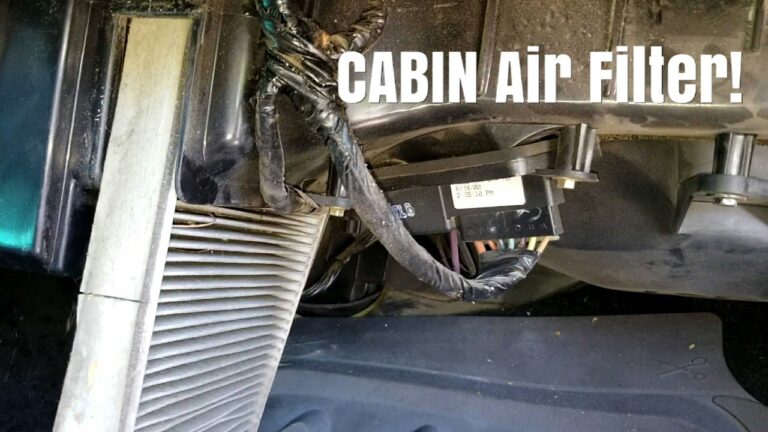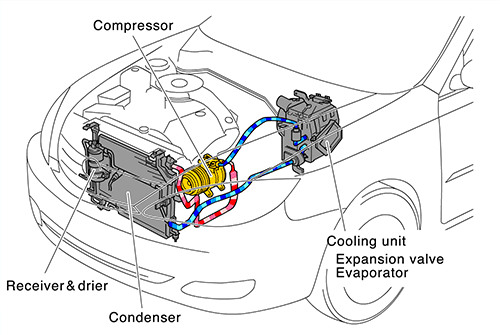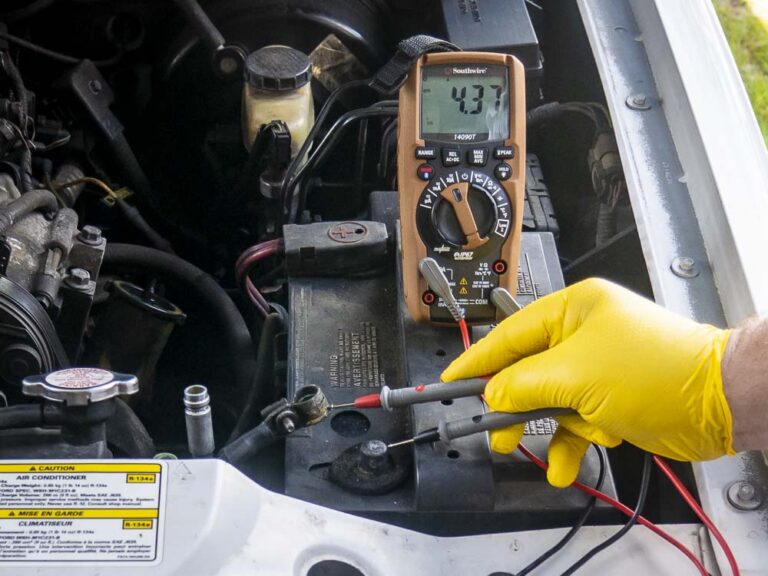Will the Starter and Alternator Affect Each Other?

The starter and alternator are two essential components of a vehicle’s electrical system, but they serve different functions. The starter is responsible for cranking the engine, while the alternator generates power to keep the battery charged. Although they are separate parts, a failure in one can sometimes impact the other.
How the Starter and Alternator Work Together
- The Battery Powers the Starter
- When you turn the key or press the start button, the battery sends power to the starter motor, which cranks the engine.
- The Alternator Recharges the Battery
- Once the engine is running, the alternator generates electricity to power the car’s electrical systems and recharge the battery.
- Interdependence
- If the alternator is faulty, the battery may not get recharged, leading to starter issues due to a weak battery.
- If the starter is faulty, the alternator won’t matter because the engine won’t crank in the first place.
Signs of a Bad Starter vs. Bad Alternator
| Symptom | Bad Starter? | Bad Alternator? |
|---|---|---|
| Clicking sound when starting | ✅ Yes | ❌ No |
| Slow or no crank | ✅ Yes | ❌ No |
| Engine dies while driving | ❌ No | ✅ Yes |
| Dim headlights when idling | ❌ No | ✅ Yes |
| Battery keeps dying | ❌ No | ✅ Yes |
| Burning smell or grinding noise | ✅ Yes | ✅ Yes |
Can a Bad Alternator Damage the Starter?
Yes, a faulty alternator can indirectly cause starter problems by not properly charging the battery. When the battery voltage is too low, the starter motor may struggle to turn the engine, leading to excessive wear and potential failure.
How to Prevent Issues
- Regularly check battery voltage (12.6V when off, 13.7-14.7V when running).
- Listen for warning signs like slow cranking or dim lights.
- Have your alternator tested if your battery frequently dies.
Frequently Asked Questions (FAQs)
1. Can a bad alternator cause a car not to start?
Yes, if the alternator isn’t charging the battery, the battery may not have enough power to crank the engine.
2. Can a bad starter drain the battery?
A failing starter can draw excessive power, leading to a drained battery if attempts to start the car are repeated.
3. How do I know if my starter or alternator is bad?
If the engine cranks slowly or clicks but doesn’t start, the starter is likely bad. If the car dies while driving or the battery keeps draining, the alternator may be the issue.
4. Can you jumpstart a car with a bad starter?
Not usually. A jumpstart only helps if the battery is weak, but if the starter is faulty, it won’t crank the engine.
5. Should I replace both the alternator and starter at the same time?
Not necessarily. Diagnose the issue first and replace only the faulty component. However, if both parts are old, replacing them together can prevent future breakdowns.
Conclusion
While the starter and alternator are separate components, they rely on the battery as a common link. A bad alternator can weaken the battery, making it harder for the starter to function. If you’re experiencing issues, test your battery, alternator, and starter to identify the root cause before replacing any parts.





